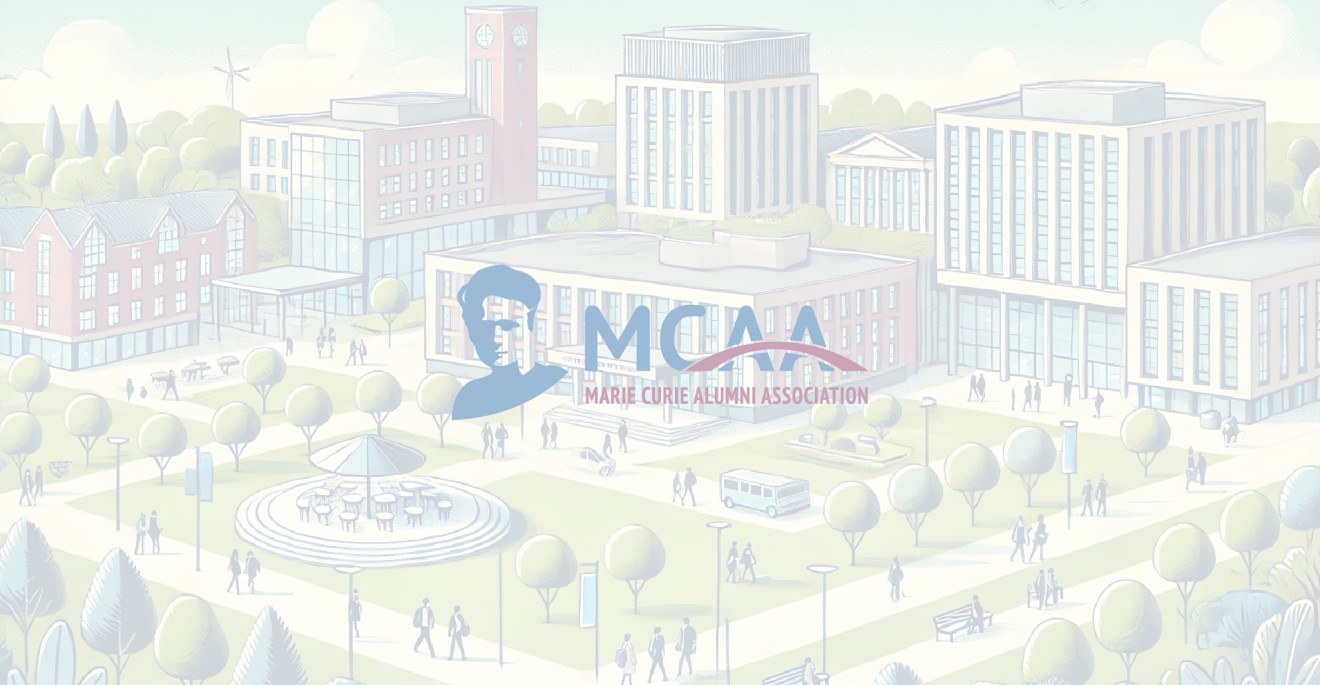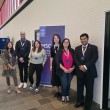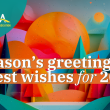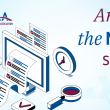5th Lindau Nobel Laureate Meeting on Economic Sciences : a first-person account

Lidia Galabova attended the 5th Lindau Meeting on Economic Sciences, in Lindau (Germany), from 19 to 23 August as an academic guest. She shared with us her thoughts and impressions of the experience.
The next in this series of events will be interdisciplinary, with Nobel Laureates from the fields of physics, physiology/medicine and chemistry. It will take place from 28 June to 3 July 2015, so stay tuned!
The 5th Lindau Nobel Laureate Meeting on Economic Sciences was an exceptional experience, in terms of meeting leading minds in contemporary economic sciences, learning more about their research findings and thoughts on topical issues, as well as meeting younger colleagues and promising economists from all over the world. The meeting gave participants the unique privilege of being able to ask a wide variety of intriguing questions, share thoughts, and participate in lively discussions with Nobel laureates and other participants. Furthermore, during the forum there were a number of opportunities for making new friendships, networking and discussing future projects.
The overall programme was well thought out, balancing morning lectures from Nobel laureates with discussions between them and young economists in the afternoon, as well as panel discussions on more practical, but still highly relevant and important subjects, such as empirical methodology and strategic behaviour, incentives and mechanism design. For me, the opportunity to participate and discuss issues related to the impact of globalisation on inequality in many developing countries with Prof. Erik Maskin was of great interest and highly relevant to my recent research work. Moreover the so called “science breakfasts” provided additional opportunities to get involved in discussions on topics of your choice. I took the opportunity to participate in the breakfast covering “Innovation from the Edge – How could we possibly solve the ‘Innovator’s Dilemma’ through the Power of Diversity”, involving Prof. Joseph E. Stiglitz from Columbia University. Innovations have been one of my key research topics since my MSc, and I was interested to learn more about the latest developments and trends in this field.
Besides the strong academic schedule during the event, we were also invited to various evening events, providing further opportunities for informal discussions and networking. The “Get-Together” night offered a great chance for young scientists to have a chat over dinner with a Nobel Laureate. I was honoured to share a table with Prof. Finn Kydland and his wife, having the unique opportunity not only to discuss macroeconomics problems and the impact of economic policy on growth, but some more trivial issues from the day-to-day life of a world renowned scientist, his life and career path. During the second social event, the Bavarian Evening, young scientists also had the opportunity to share table with a Nobel laureate or network between themselves while they were introduced to Bavarian culture and traditional dances. It was intriguing to meet people from all over the world (some wearing their traditional national dress), representing different academic, research or financial institutions, sharing a common interest in economics, but working on a wide variety of problems. It was a challenge to search for the crossover points between very specific research topics and to try to look together for common solutions to various social and economic problems.
The forum also provided an opportunity to visit for free the local “Stadtmuseum”, where guided tours through the Matisse exhibition were arranged. Participants had the rare opportunity to meet and hear from the Nobel Laureate for Literature, Mario Vargas Llosa, who treated some of modern society’s hot topics from a different perspective.
Finally, the Saturday boat trip offered the unique experience of networking, lively discussions and testing various ideas while enjoying the lovely view of the Lake Constance and Mainau Island. Among the key questions discussed were: What makes a good economist?
During the Lindau event I had the opportunity to meet other Marie Curie Fellows, to share ideas and to discuss the experiences of a mobile researcher with them.
I would like to express my special thanks to the European Commission and the Lindau 2014 Coordination team for their support, and DG EAC C.3, who nominated me to the Lindau Selection Board for the annual Nobel Laureates meeting.
Lidia Galabova


